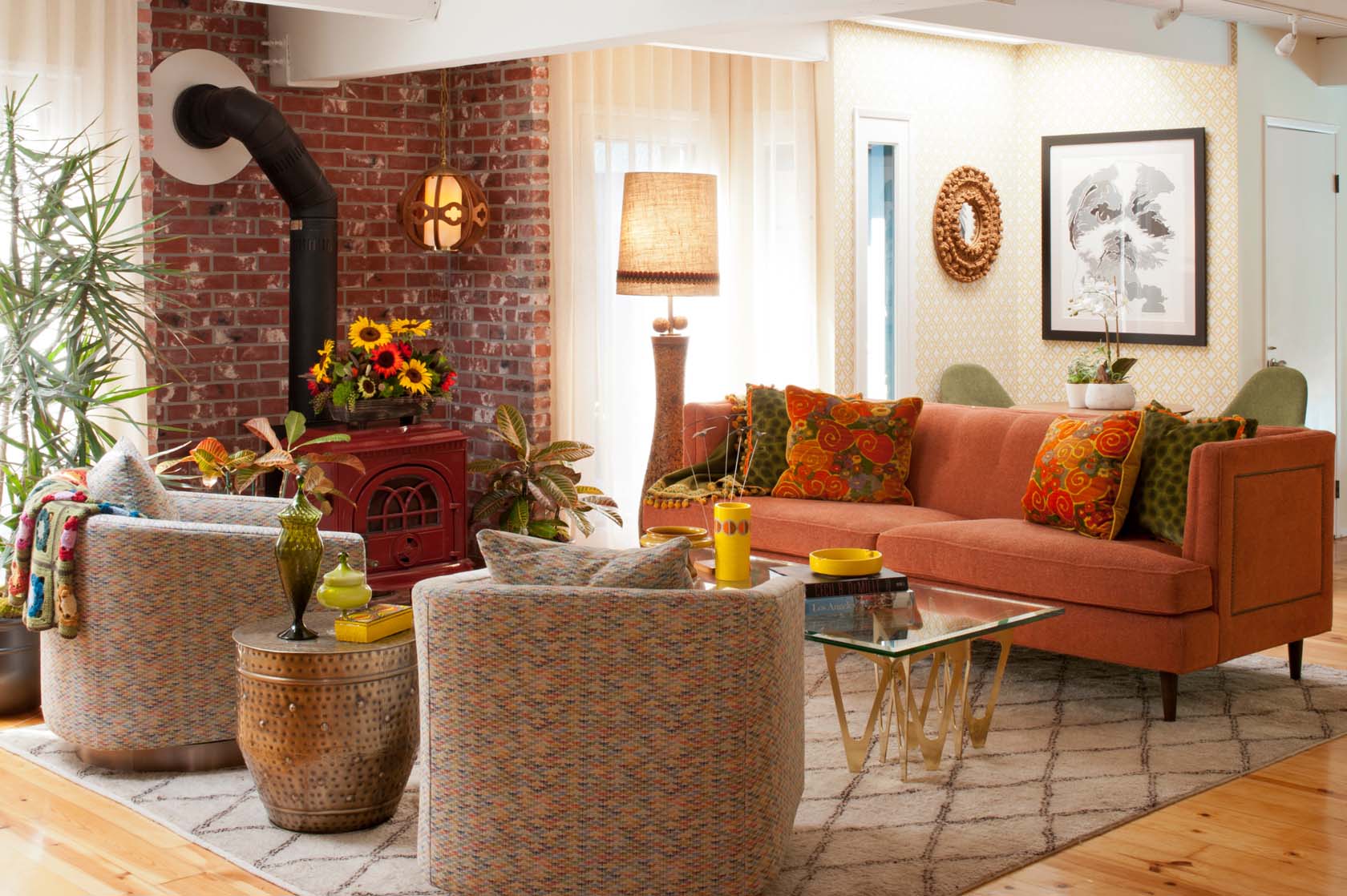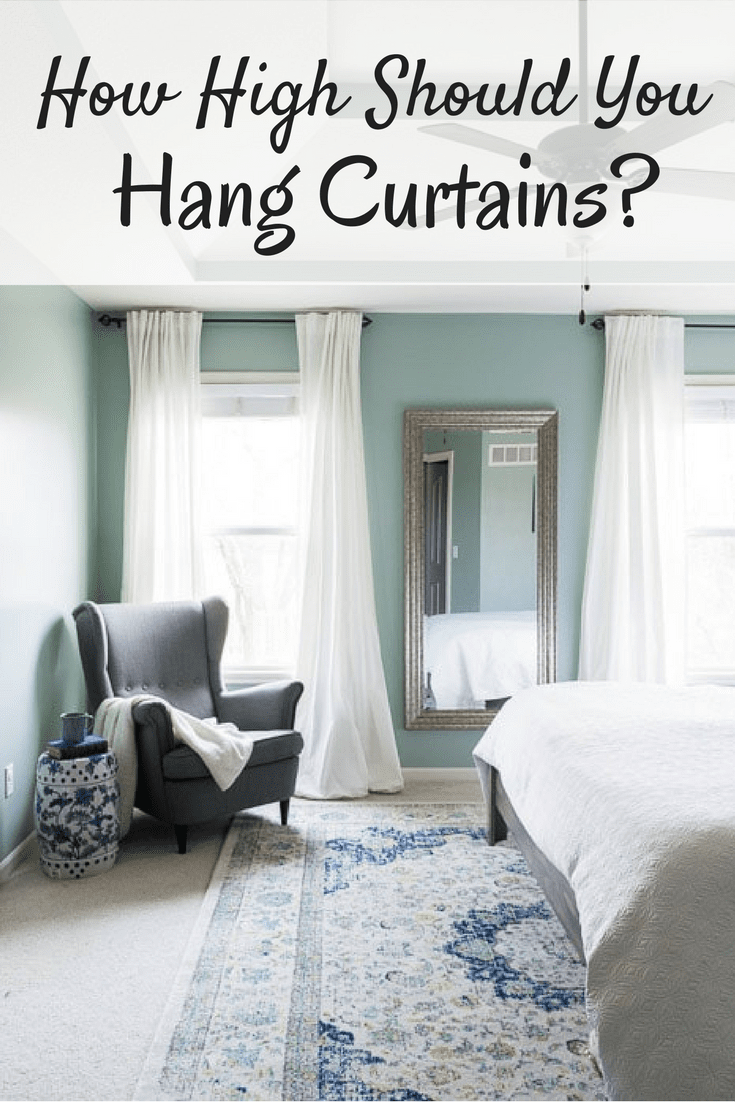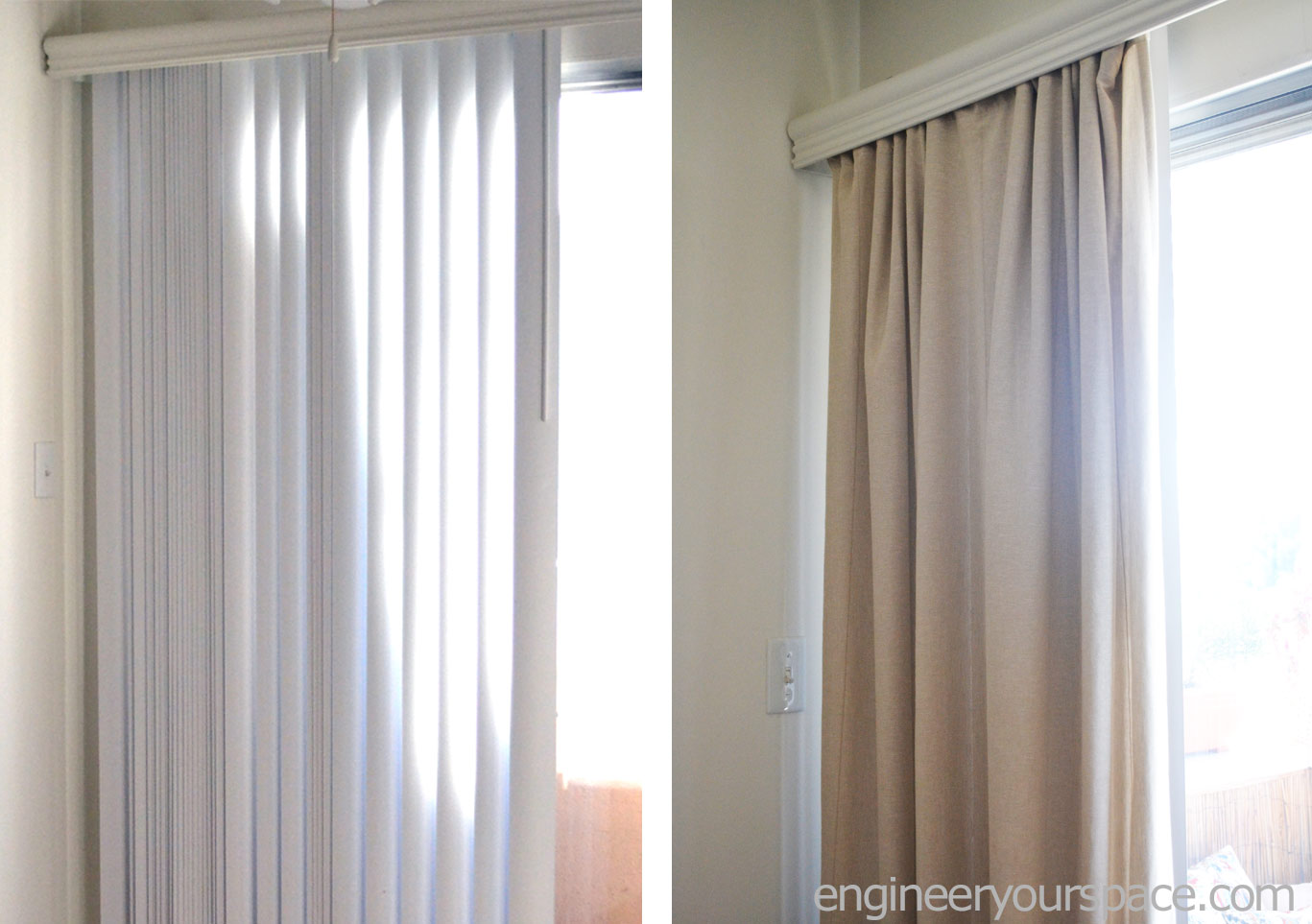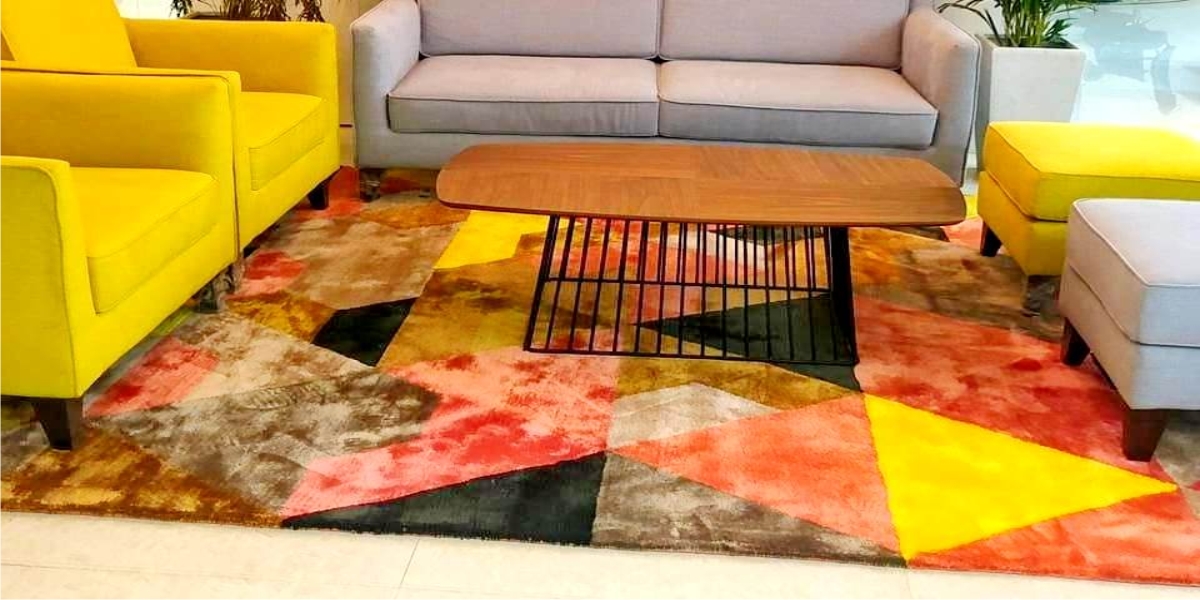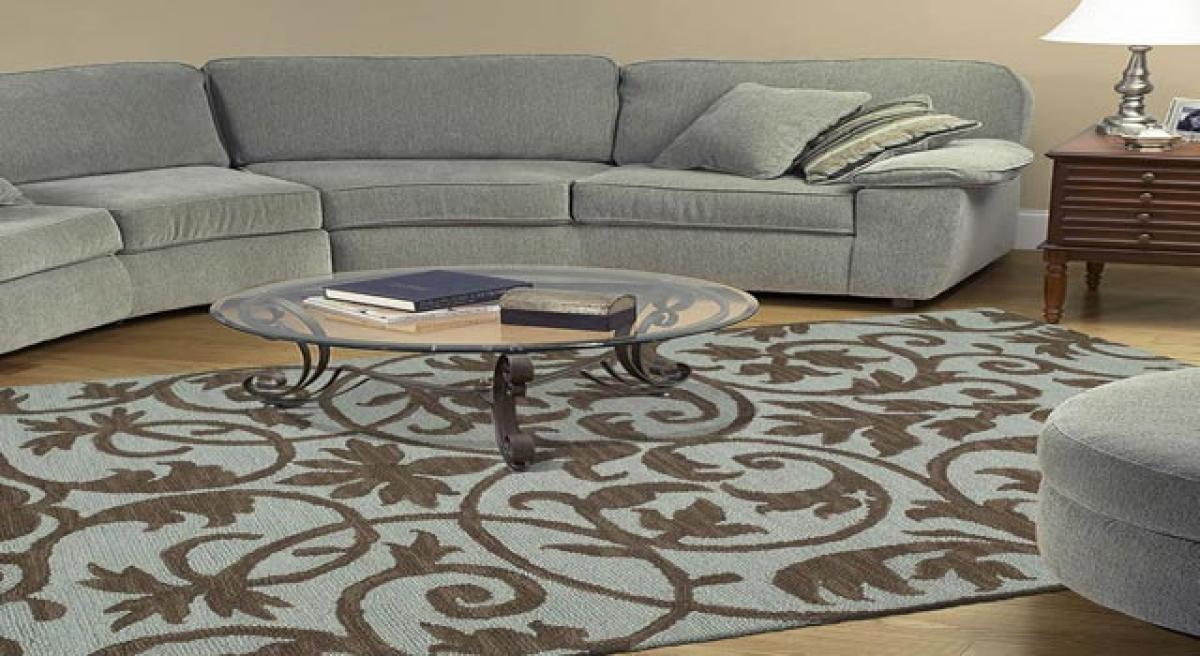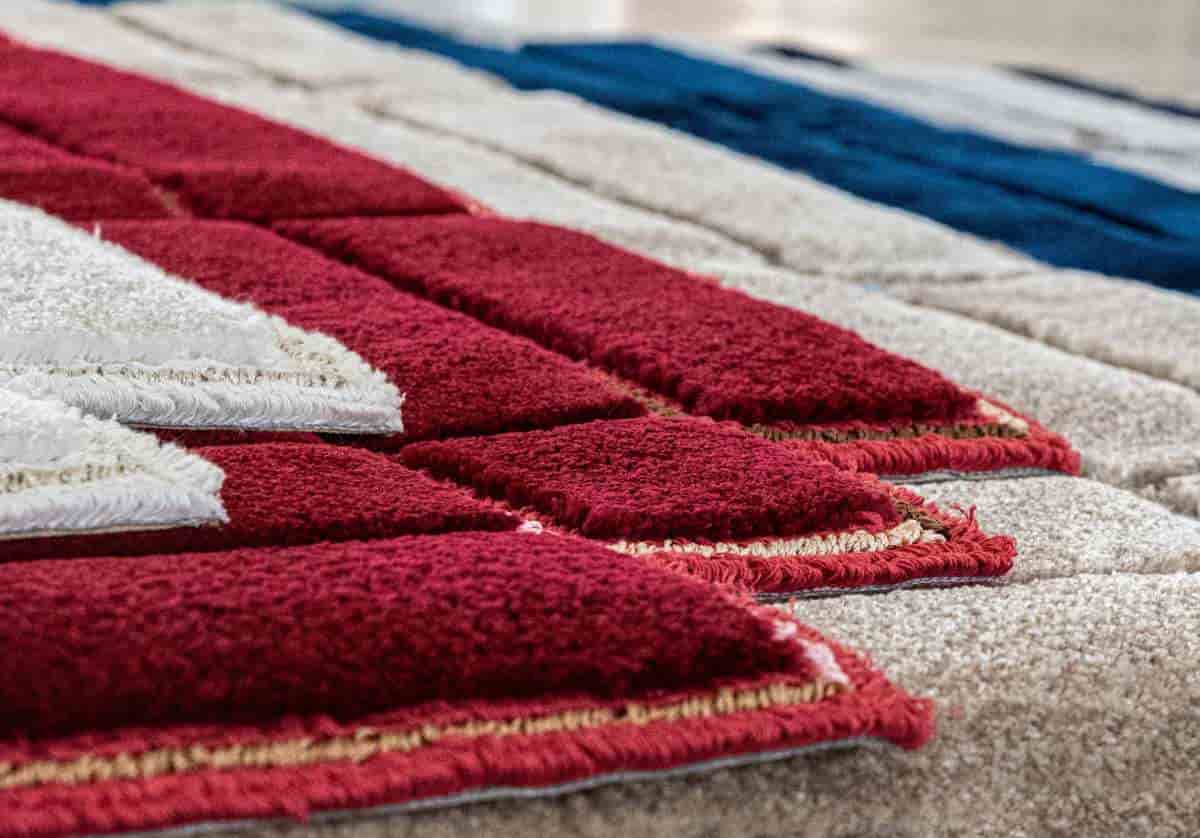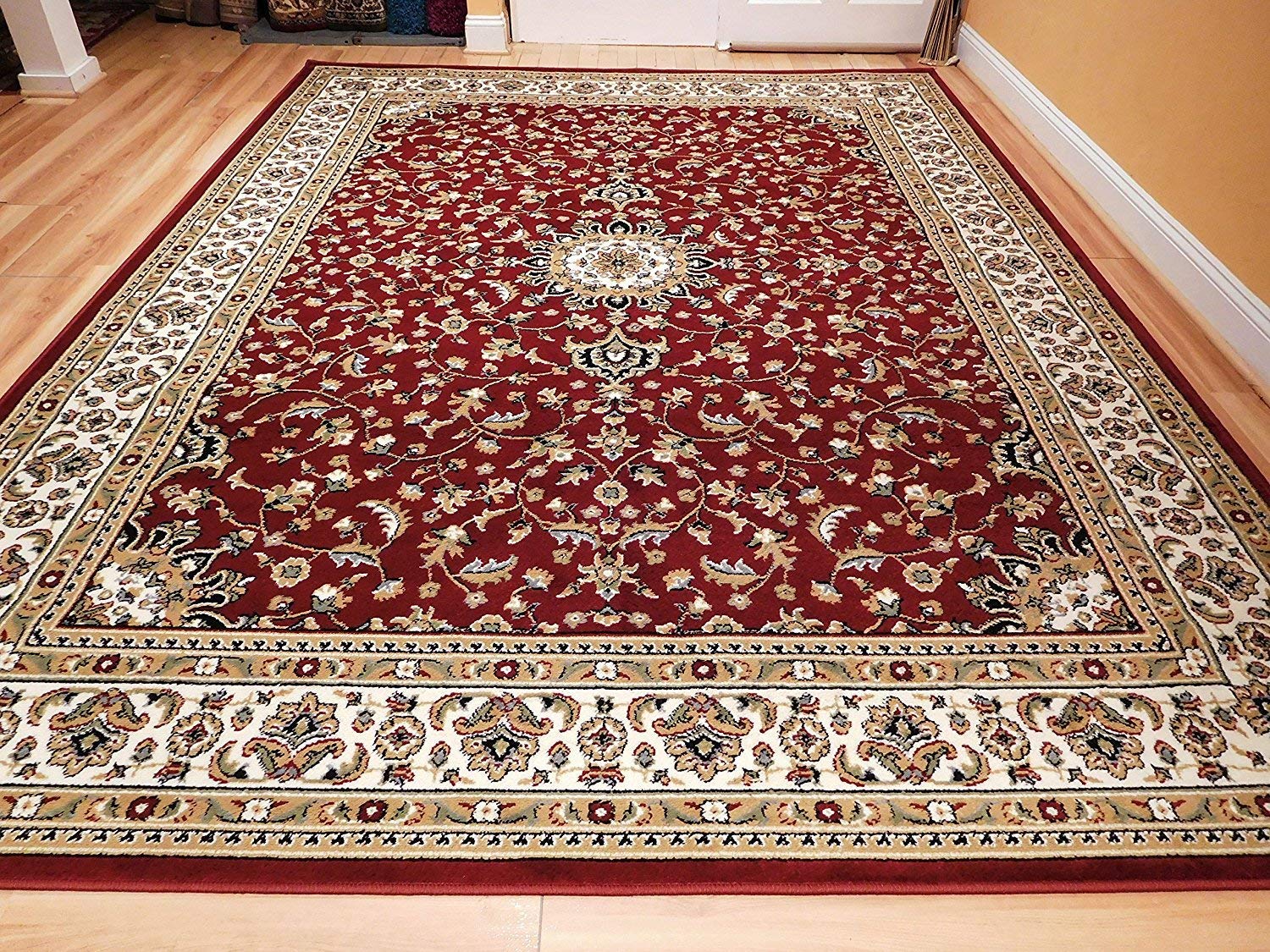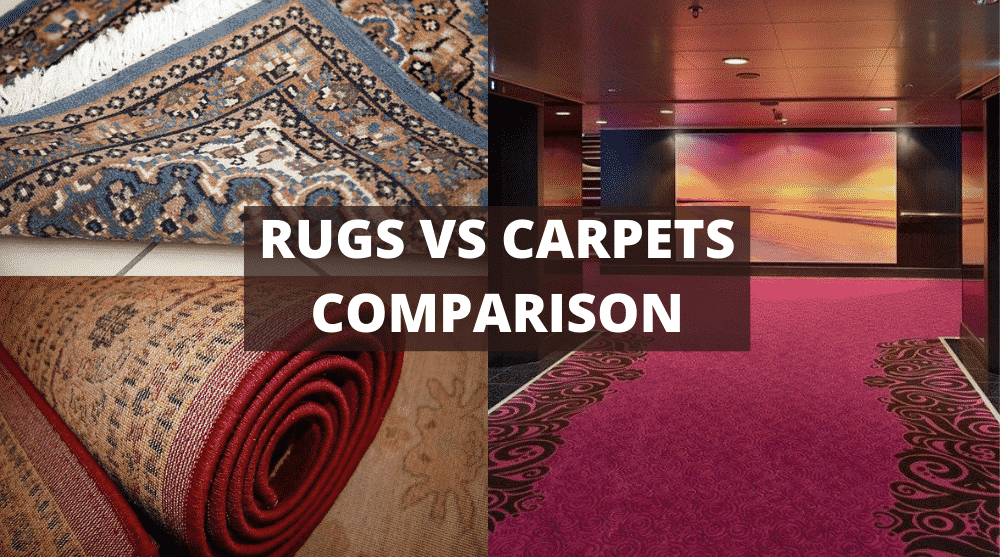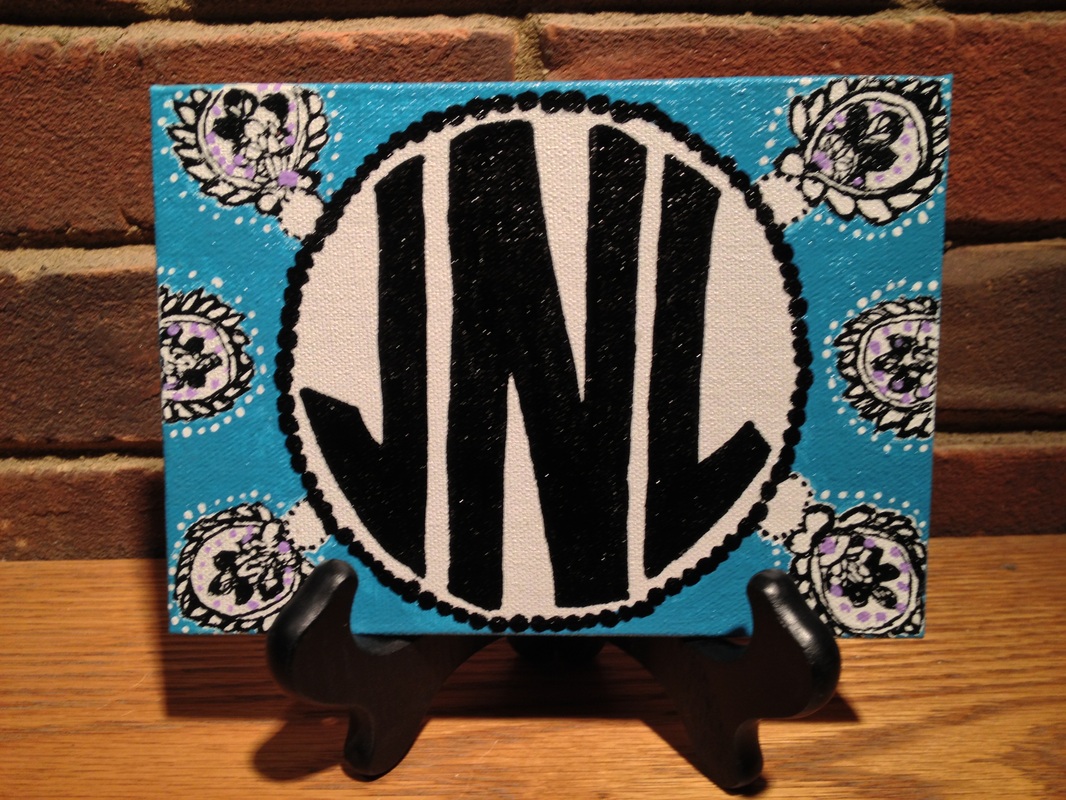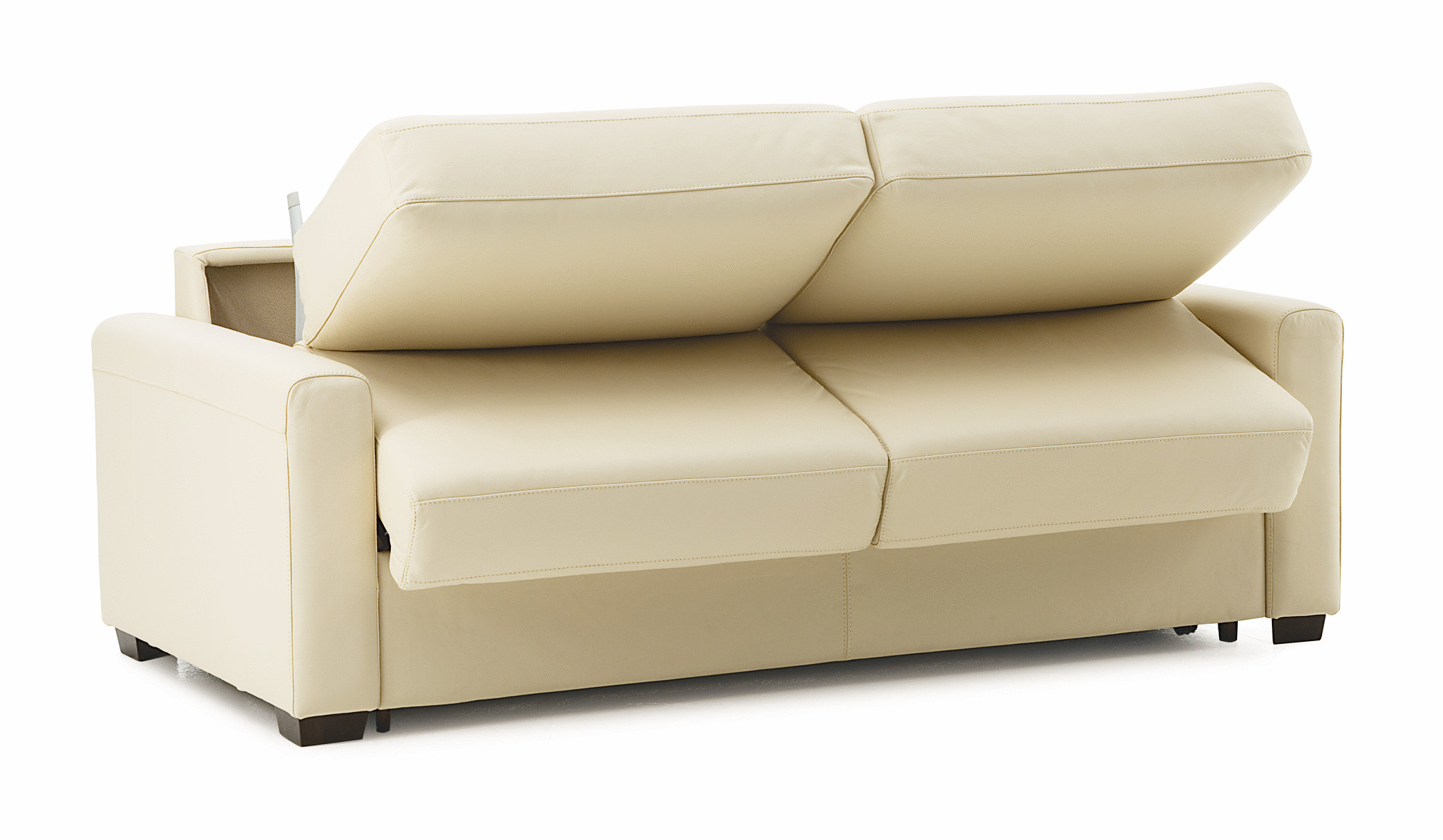Choose a color scheme
When it comes to decorating a living room, one of the first steps is to choose a color scheme. This will set the tone for the entire space and help guide your other design decisions. Bold colors can create a lively and energetic atmosphere, while neutral tones can create a more calming and sophisticated feel.
Measure the room
Before you start buying furniture or decor, it's important to measure the room. This will help you determine the size and scale of the items you can fit in the space. Measure the walls, windows, and doorways to get an accurate idea of the room's dimensions. Accurate measurements will also come in handy when shopping for furniture and rugs.
Declutter and clean the space
A cluttered and messy living room will not only make it difficult to decorate, but it can also create a chaotic and stressful atmosphere. Before you start decorating, take the time to declutter and clean the space. Get rid of any unnecessary items and organize what's left. Clean the floors, surfaces, and windows to create a fresh and welcoming space.
Choose a focal point
Every living room needs a focal point, whether it's a fireplace, a large window with a view, or a piece of artwork. This will be the centerpiece of the room and will help tie the design together. Choose something that you love and build your design around it. If your living room doesn't have a natural focal point, you can create one with a piece of furniture, such as a statement sofa or a unique coffee table.
Arrange furniture
When it comes to arranging furniture in a living room, it's important to consider both functionality and visual appeal. Start by placing the largest pieces of furniture, such as the sofa and armchairs, in the room. Then, add smaller pieces like side tables and a coffee table. Make sure to leave enough space for easy movement between furniture and around the room.
Add lighting
Lighting can make a huge difference in the overall look and feel of a living room. Natural light is always best, so make sure to open up curtains or blinds during the day. For artificial lighting, add a combination of overhead lights, floor lamps, and table lamps to create layers of light. This will not only provide functionality but also add ambiance and warmth to the room.
Accessorize with decor
Accessories and decor are what bring a living room to life. These can include throw pillows, blankets, vases, candles, and other decorative items. Choose pieces that complement your color scheme and add texture and personality to the space. Just be careful not to overdo it with too many accessories, as this can create a cluttered look.
Hang curtains or blinds
Window treatments are not only functional but also add style to a living room. Choose curtains or blinds that match your color scheme and also provide the desired level of privacy and light control. Hang them high and wide to create the illusion of larger windows and a taller room.
Add rugs or carpets
Rugs and carpets are a great way to add texture and coziness to a living room. They also help define different areas within the space, such as a seating area or a reading nook. When choosing a rug, make sure it's the right size for the room and that it complements your color scheme and other decor.
Personalize with artwork or photos
Lastly, don't forget to add personal touches to your living room with artwork or photos. These can be family portraits, travel photos, or art pieces that you love. Hang them on the walls or display them on shelves or a mantel to add a personal touch and make the space feel like home.
With these 10 main steps, you'll be well on your way to creating a beautifully decorated living room that reflects your personal style and meets your functional needs. Remember to have fun and don't be afraid to experiment with different colors, patterns, and textures to create a unique and inviting space.
Additional Body Paragraph: Incorporate Personal Style
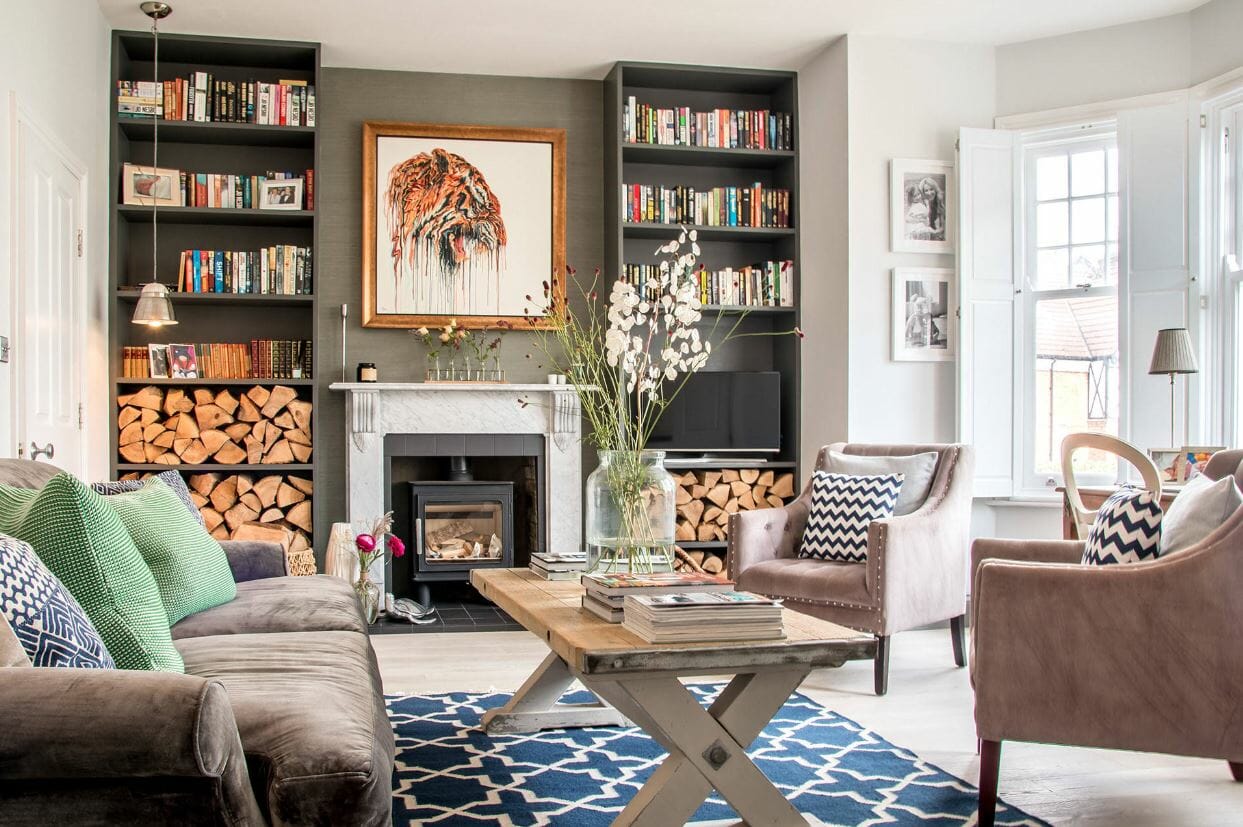
Find Inspiration
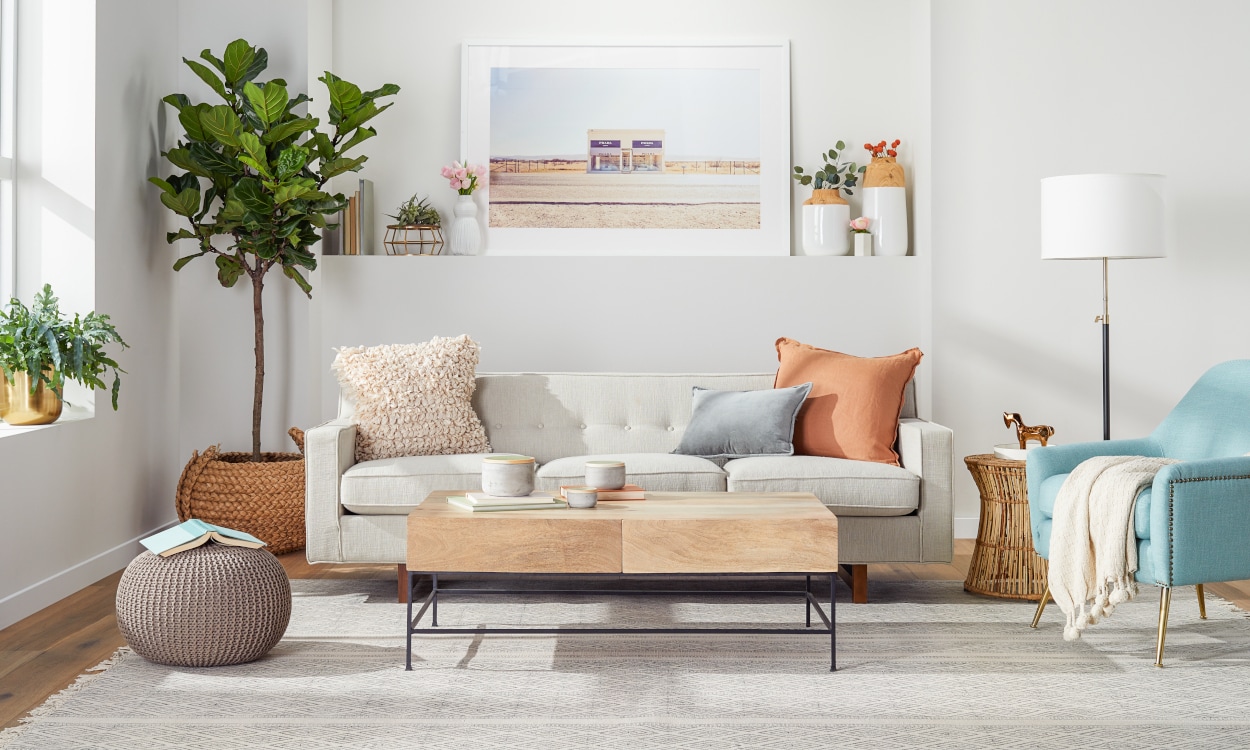 To truly make your living room feel like home, it's important to infuse your personal style into the design. The first step to achieving this is by finding inspiration. Look through home decor magazines, browse Pinterest boards, or visit furniture stores to gather ideas. This will help you identify your design preferences and create a cohesive look for your living room.
To truly make your living room feel like home, it's important to infuse your personal style into the design. The first step to achieving this is by finding inspiration. Look through home decor magazines, browse Pinterest boards, or visit furniture stores to gather ideas. This will help you identify your design preferences and create a cohesive look for your living room.
Choose a Color Scheme
 Color scheme
plays a crucial role in setting the tone for your living room. Whether you prefer bold and vibrant colors or a more muted and neutral palette, make sure to choose colors that reflect your personal style. Consider the
main keyword
"decorating" when selecting a color scheme. You can use accents of your favorite color or go for a monochromatic look to add visual interest.
Color scheme
plays a crucial role in setting the tone for your living room. Whether you prefer bold and vibrant colors or a more muted and neutral palette, make sure to choose colors that reflect your personal style. Consider the
main keyword
"decorating" when selecting a color scheme. You can use accents of your favorite color or go for a monochromatic look to add visual interest.
Add Personal Touches
 Incorporating
personal touches
is a great way to make your living room feel unique and reflect your personality. Display family photos, souvenirs from your travels, or artwork that holds sentimental value. You can also add
featured keywords
like "family" or "travel" into your living room design through throw pillows, rugs, or wall art. These small details will add character and make your living room truly feel like your own.
Incorporating
personal touches
is a great way to make your living room feel unique and reflect your personality. Display family photos, souvenirs from your travels, or artwork that holds sentimental value. You can also add
featured keywords
like "family" or "travel" into your living room design through throw pillows, rugs, or wall art. These small details will add character and make your living room truly feel like your own.
Don't Be Afraid to Mix and Match
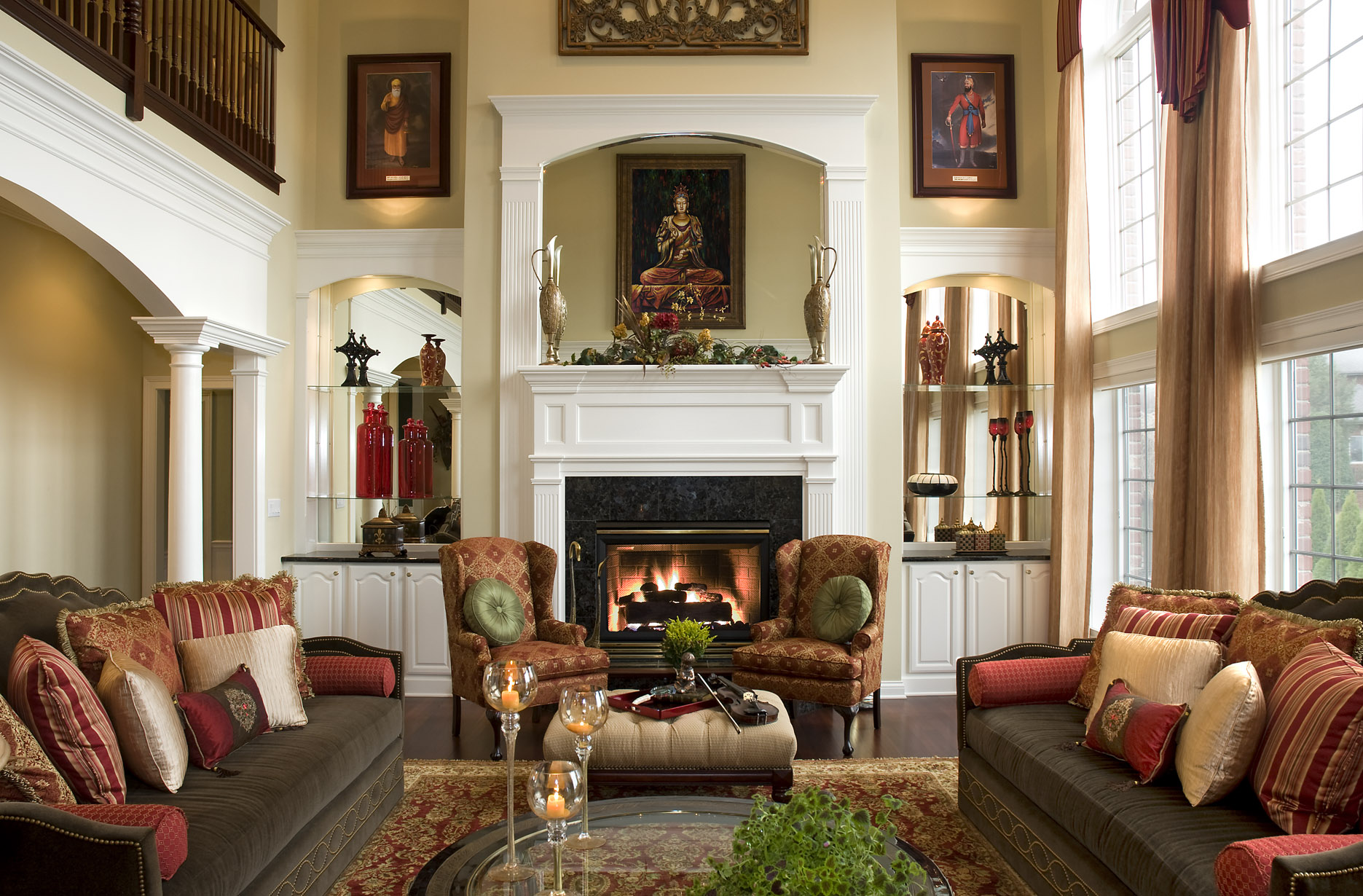 When it comes to decorating your living room, don't be afraid to mix and match different styles. Combining modern and traditional elements can create a visually interesting and eclectic look. Incorporate
related main keywords
like "contrast" and "balance" by pairing different textures and patterns together. Just make sure to keep a cohesive color scheme to tie everything together.
When it comes to decorating your living room, don't be afraid to mix and match different styles. Combining modern and traditional elements can create a visually interesting and eclectic look. Incorporate
related main keywords
like "contrast" and "balance" by pairing different textures and patterns together. Just make sure to keep a cohesive color scheme to tie everything together.
In conclusion, decorating a living room is a fun and exciting process that allows you to infuse your personal style into your home. By finding inspiration, choosing a color scheme, adding personal touches, and mixing and matching different styles, you can create a living room that truly reflects your personality and makes you feel at home. So go ahead and use these tips to transform your living room into a space that you'll love spending time in.





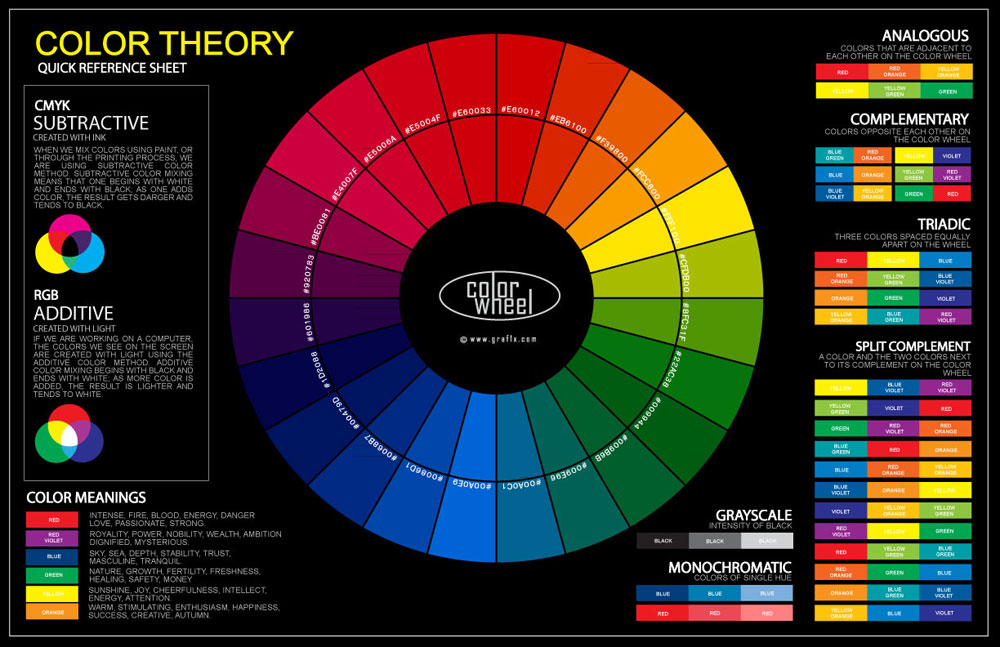

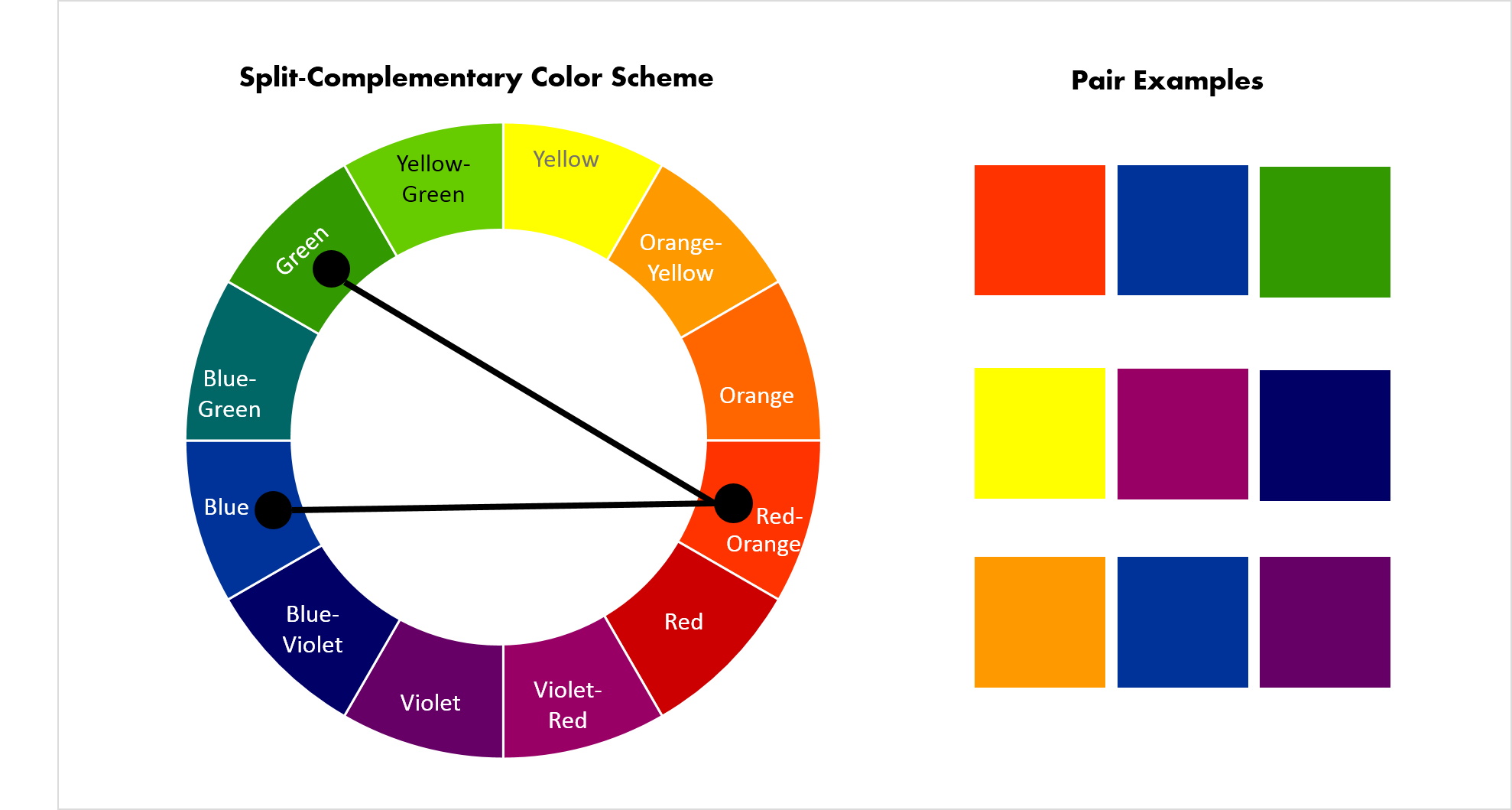

/easy-color-schemes-from-color-wheel-797784_V4-51db985b605c49e29ee1f6186d6ec258.png)



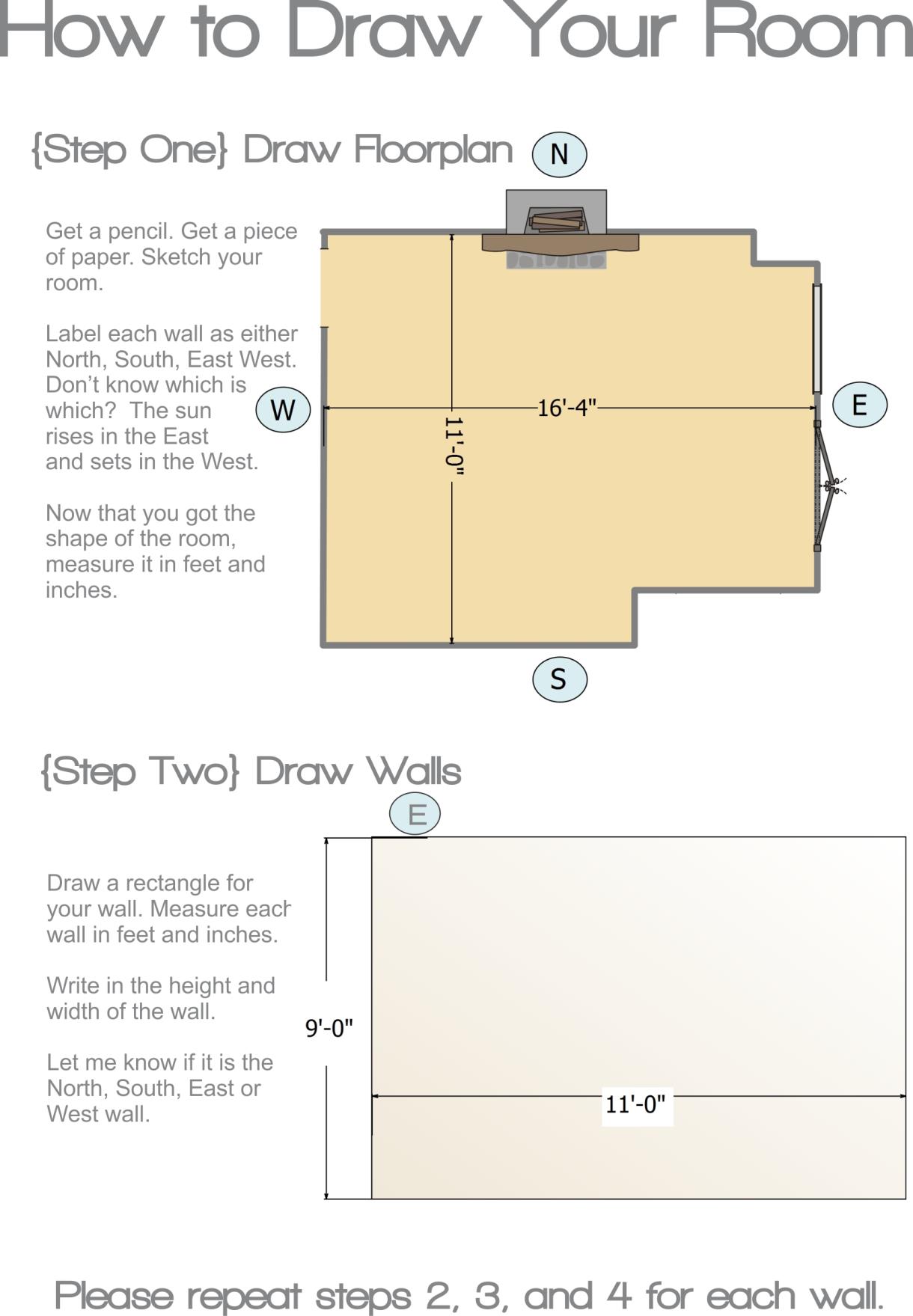



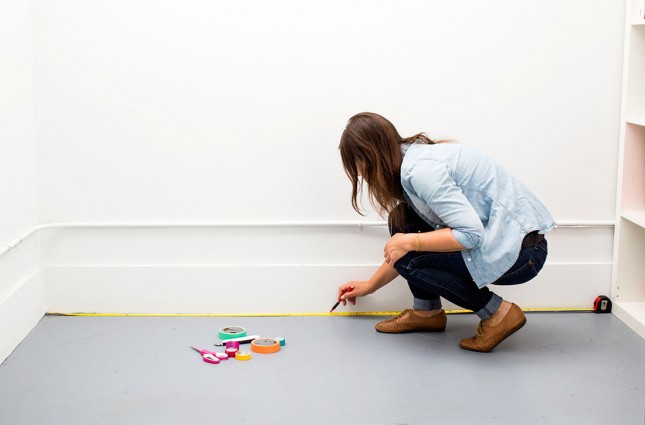





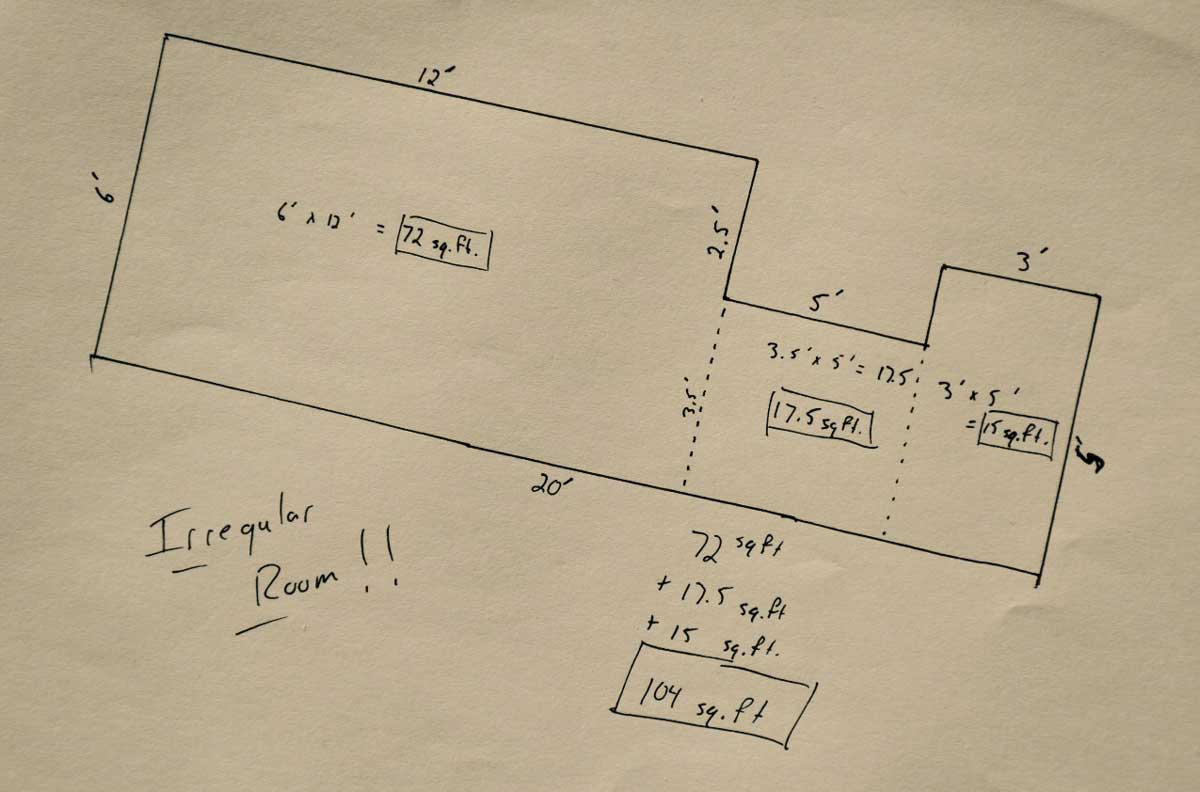

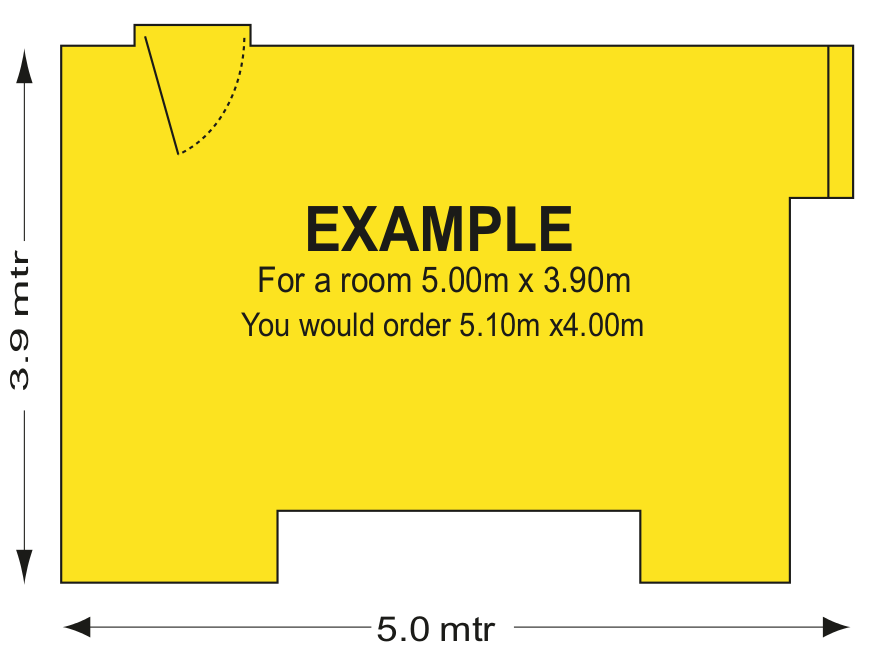



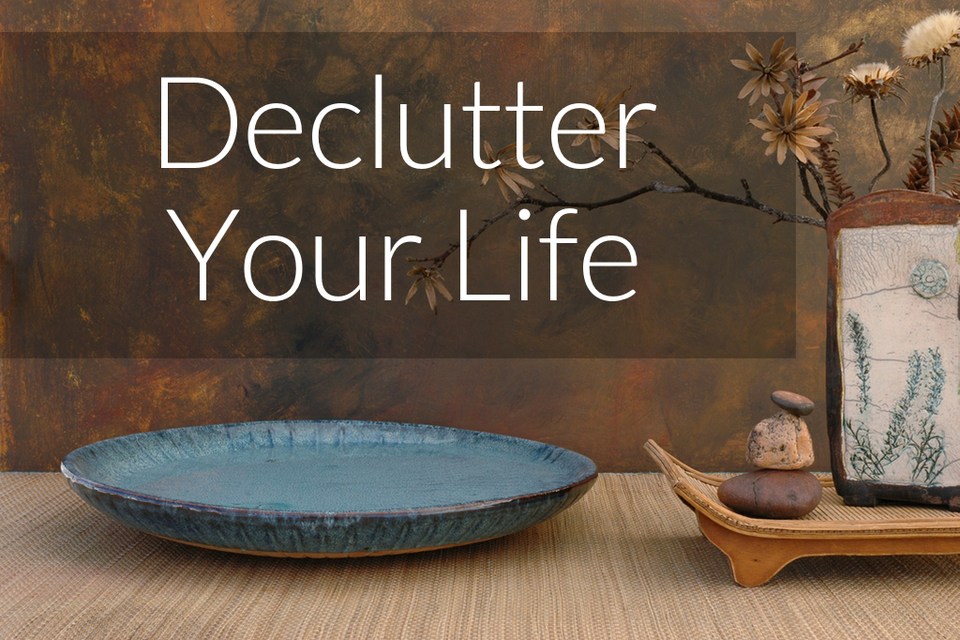


:max_bytes(150000):strip_icc()/decluttering-your-entire-home-2648002_final-8c0e3c4755b241a5abff3315c2a44c22.png)
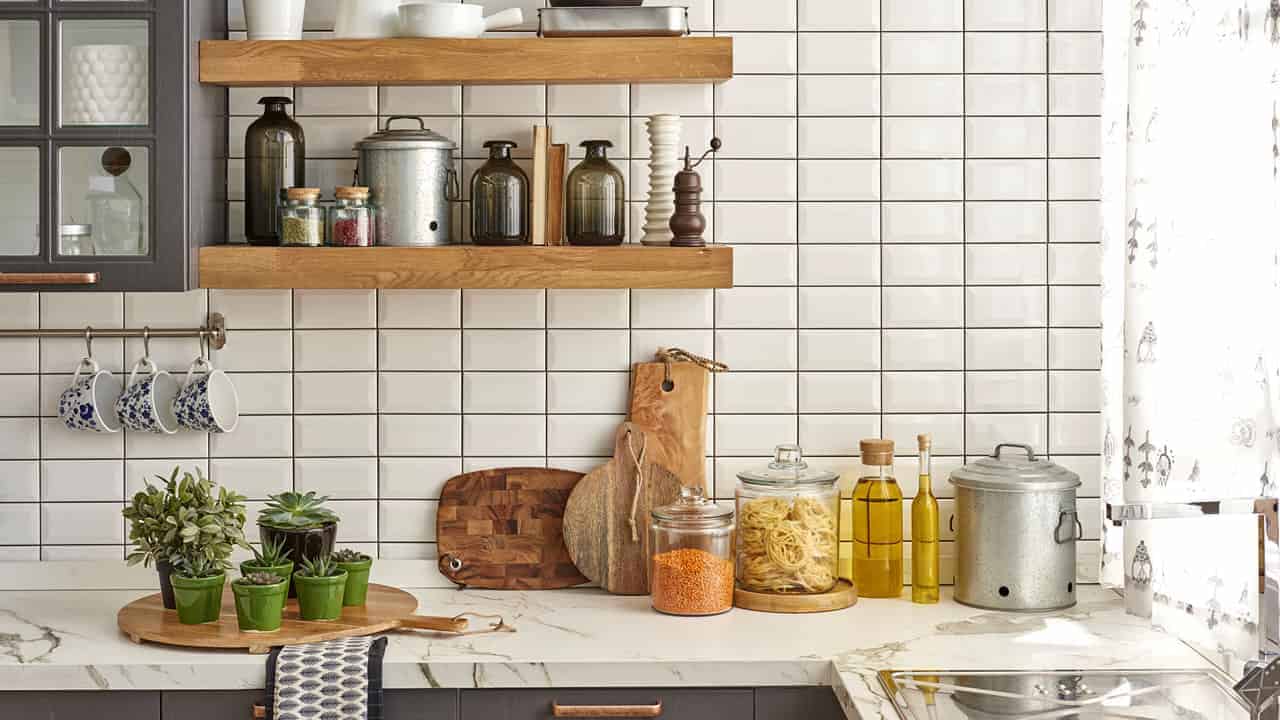











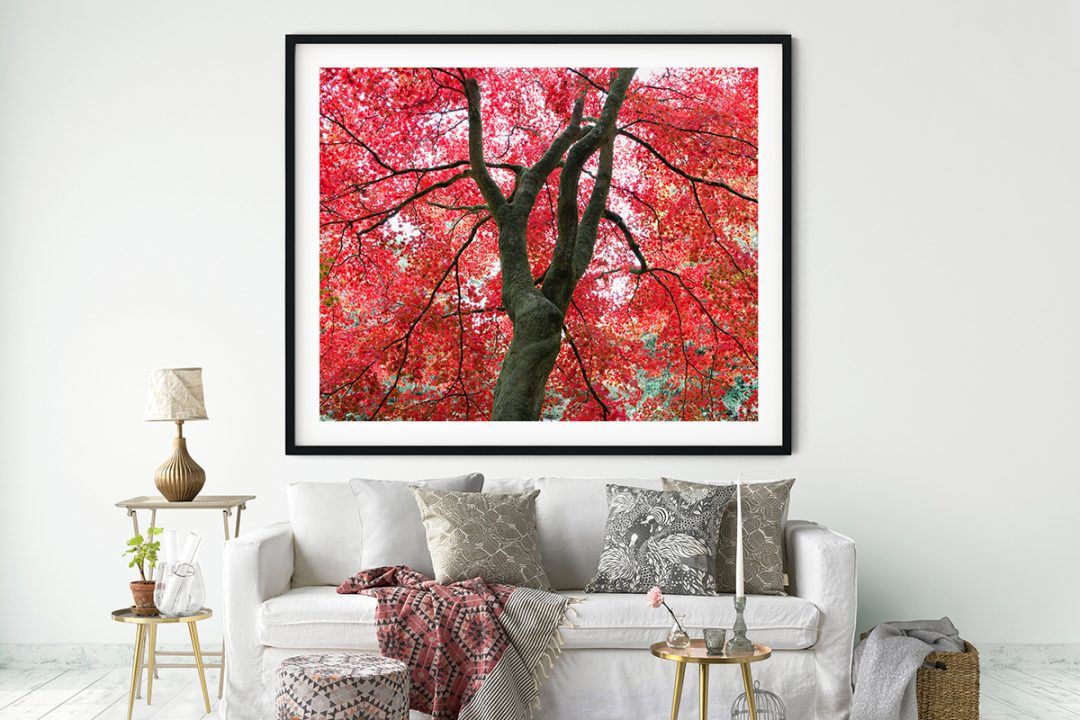



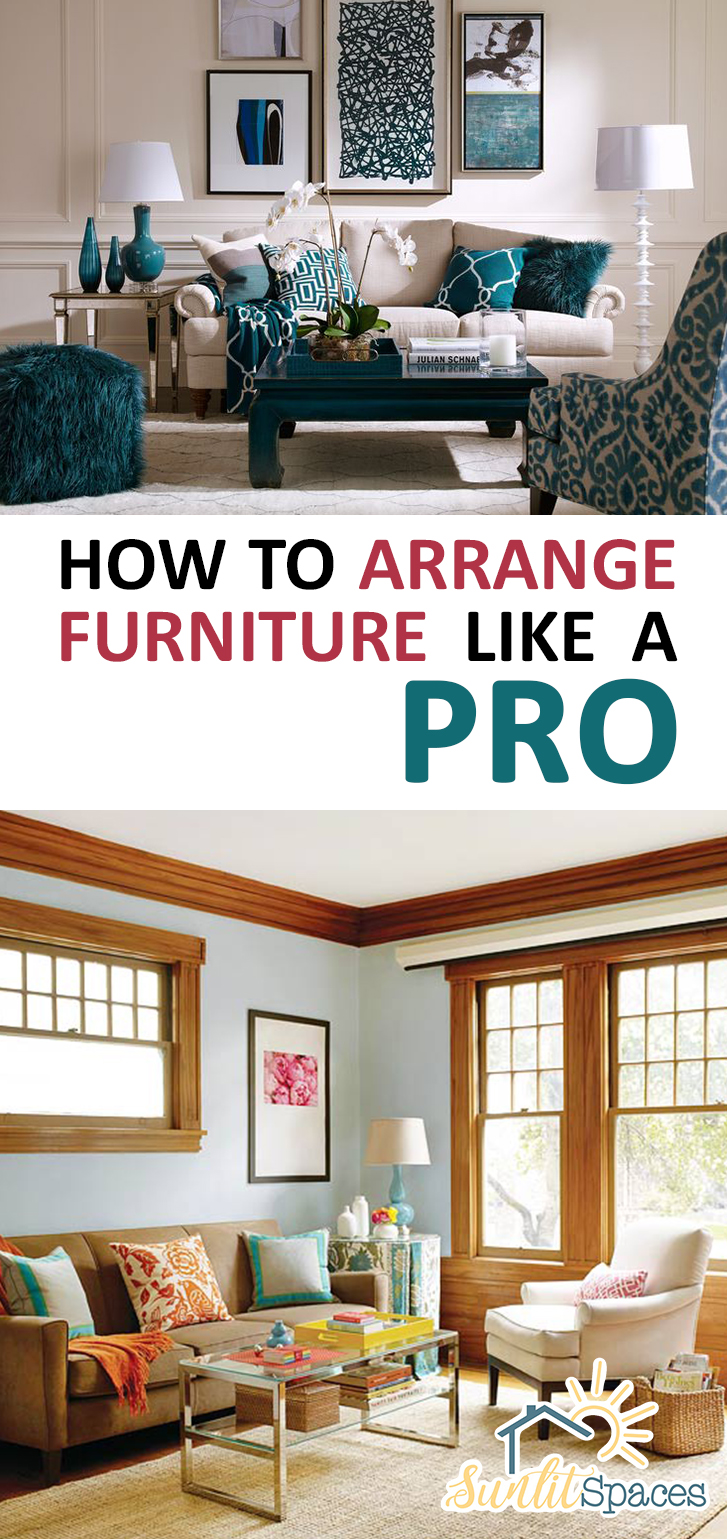
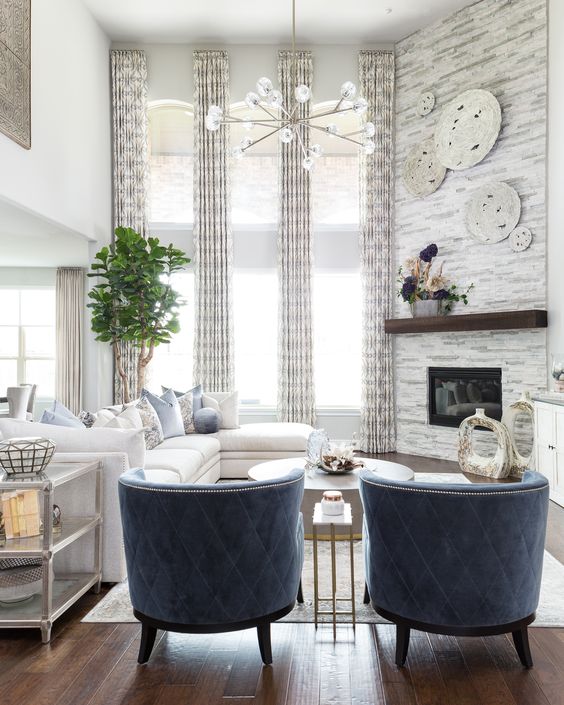
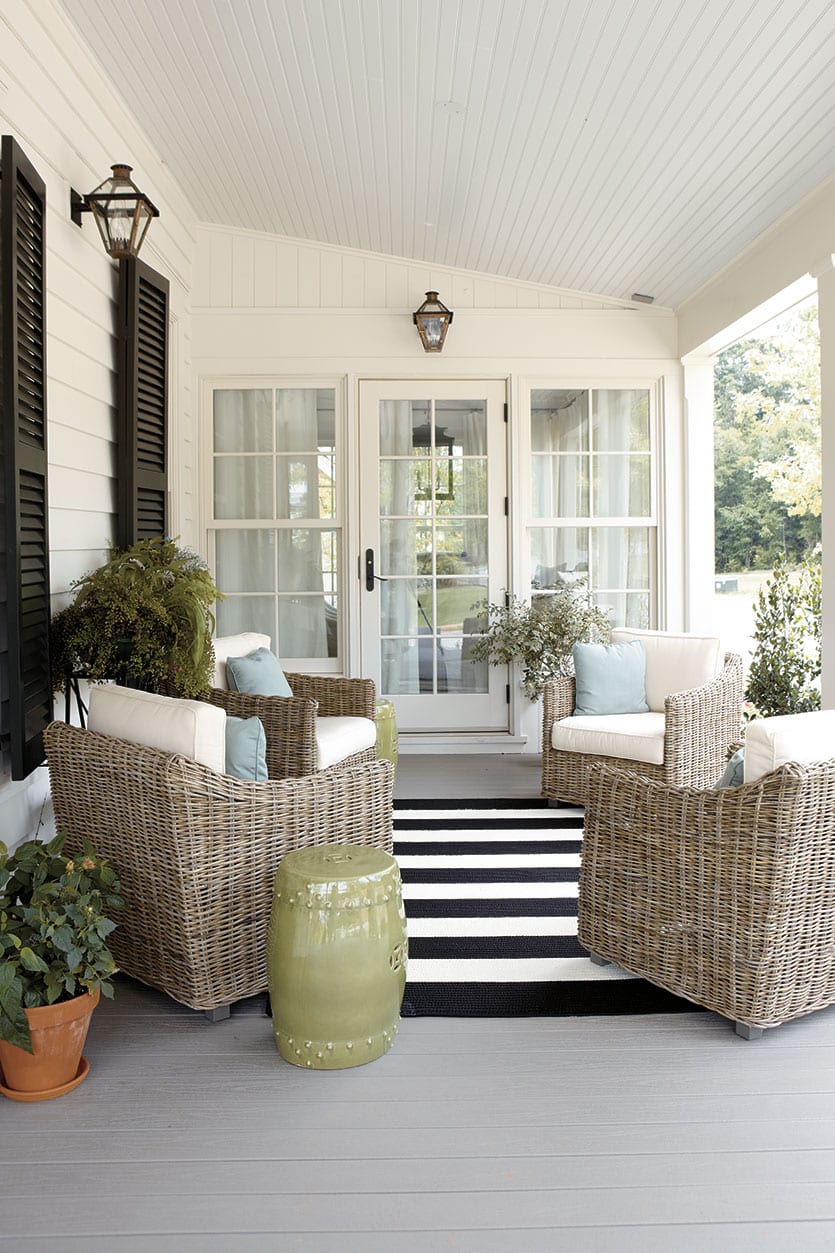


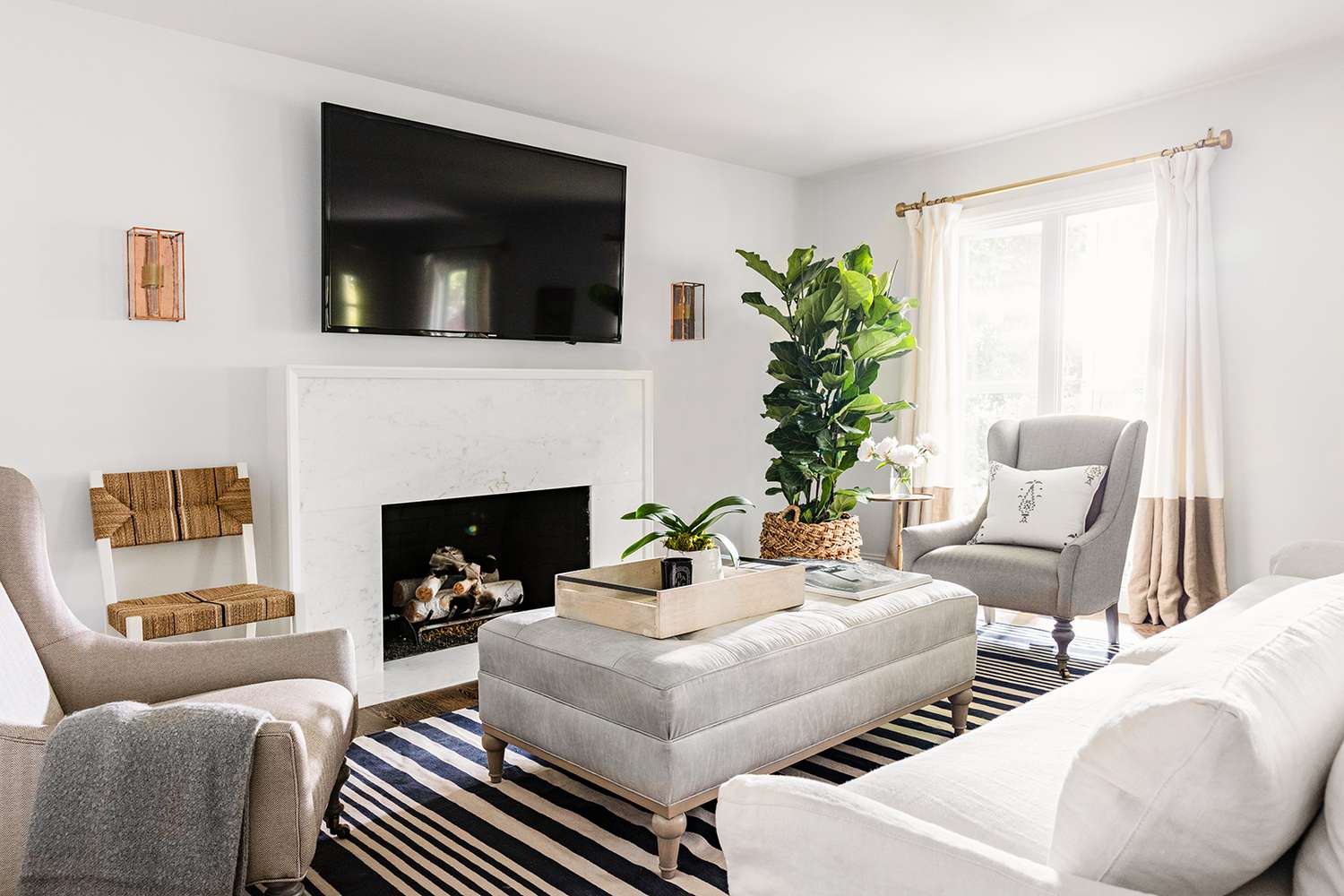
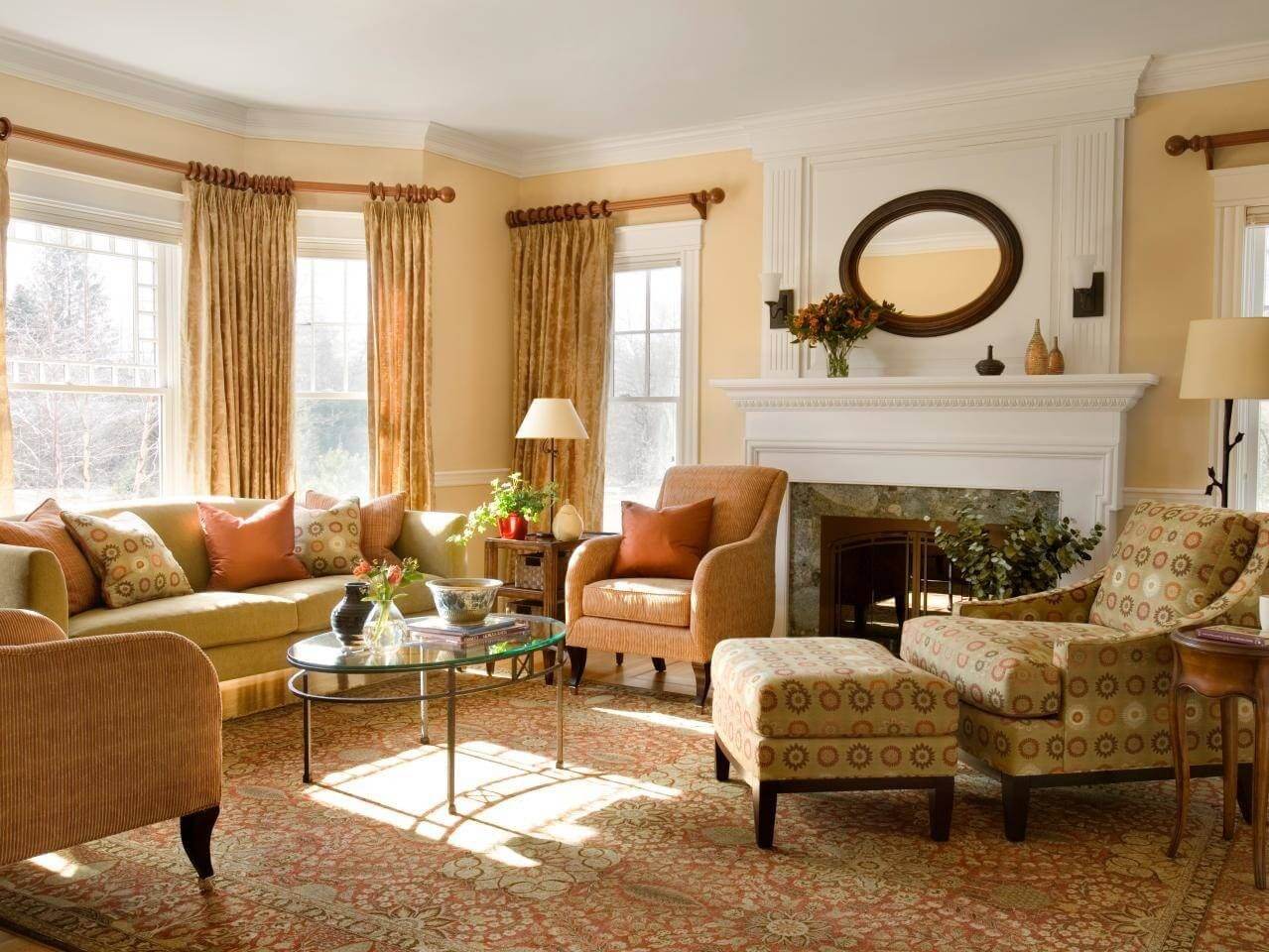


/twenty20_cc649399-40dc-4816-8620-37b365d88f70-5a01d3be22fa3a0037001998.jpg)


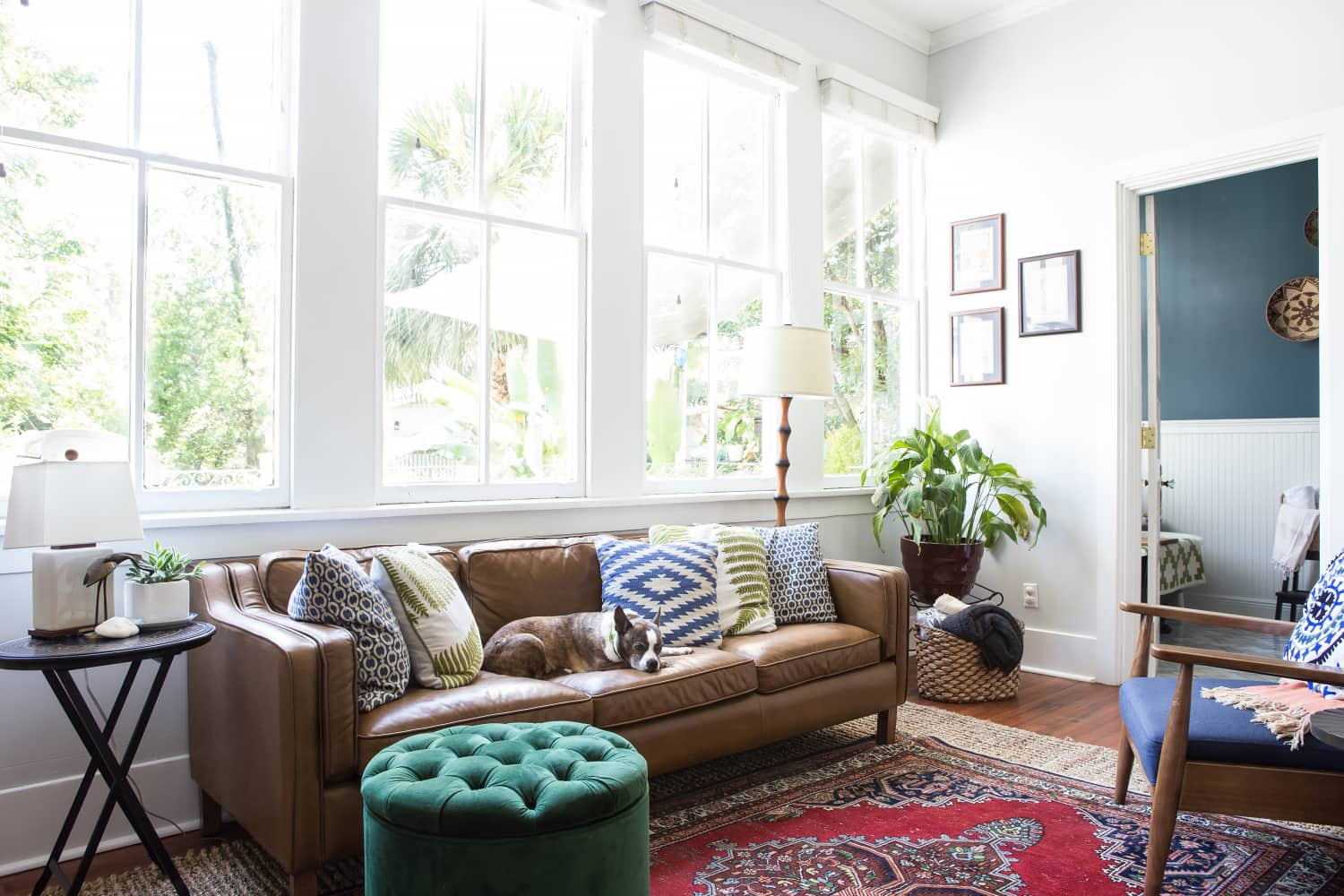








.1).jpg)








